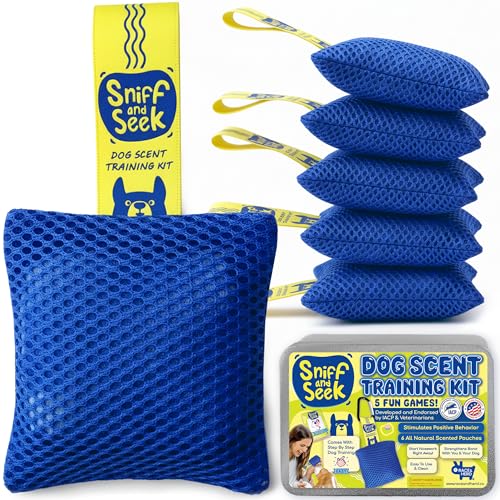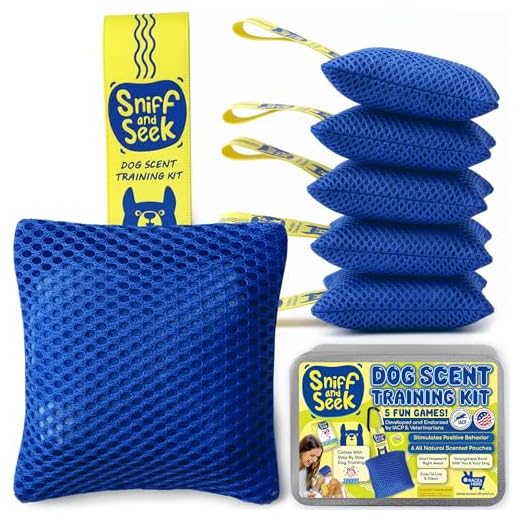


When I first noticed my furry companion engaging with an unsavoury surprise in our local park, I thought it was just a quirky moment. However, after some research and a few conversations with fellow pet enthusiasts, I uncovered fascinating insights about this peculiar behaviour. It’s not just random mischief; there are reasons behind this seemingly odd habit.
One significant aspect to consider is the instinctual traits that linger in our beloved pets. Canines are natural scavengers, and their ancestors often relied on a varied diet to survive. The urge to explore and taste almost anything can sometimes lead them to indulge in items that we, as humans, find repulsive. This instinct can be traced back to their wild origins, where scavenging played a crucial role in their survival.
Additionally, the scent of faeces can be enticing to some animals. They might interpret it as a source of information, gathering details about other animals in the area. It’s a way for them to engage with their environment in a manner that we may not fully understand. When they approach these finds, they’re not just being naughty; they’re seeking to learn more about the world around them.
For those of us who find this behaviour bothersome, there are strategies to help redirect this fascination. Consistent training and positive reinforcement can guide your pet towards more acceptable options. Providing engaging toys or regular playtime can keep their attention focused and reduce the allure of these less-than-pleasant discoveries. Understanding and addressing these behaviours can lead to a happier and healthier relationship with our companions.
Understanding the Behaviour: Rolling and Consuming Feces
To address this peculiar habit, one must consider the instinctual drives at play. Canines often engage in this behaviour as a means of masking their scent, a throwback to their wild ancestors who needed to evade predators. This natural inclination can lead to confusion for pet owners.
Another factor is curiosity. Young pups are particularly prone to exploring their environment through taste and smell. They don’t possess the same aversions we do, which can result in them sampling anything that catches their attention, including unpleasant substances.
Dietary deficiencies can also play a role. If a furry companion isn’t receiving adequate nutrients, they might seek out alternative sources. This behaviour could indicate a need for a more balanced diet. Consulting with a veterinarian can help ensure proper nutrition tailored to the pet’s specific needs.
It’s essential to redirect this behaviour with positive reinforcement. Offering alternative toys or treats can provide an outlet for their natural instincts. Regular exercise and mental stimulation can also reduce the likelihood of engaging in unsavoury activities.
Managing this instinctive behaviour might require vigilance, but understanding the underlying reasons can help pet owners navigate these challenges effectively. Keeping a close eye during walks and providing timely distractions can make a significant difference in curbing these actions.
The Instinctual Behaviour Behind Poop Rolling
Observation of certain furry companions reveals that they often engage in a peculiar habit of covering themselves in excrement. This behaviour can be traced back to ancestral instincts. In the wild, canines would mask their scent by rolling in strong-smelling substances, helping them evade predators or sneak up on prey. Such actions were vital for survival in their natural habitat.
Another aspect to consider is the social signalling that occurs through this practice. By adopting the scent of another animal, a wild ancestor could communicate its presence and status to others in the pack. This instinct remains, albeit in a modified form, in many modern pets. When a domestic animal engages in this behaviour, it might be attempting to convey information about its environment or asserting its individuality.
Additionally, the consumption of waste can be linked to scavenging behaviours. In a survival context, digesting remains would allow for the extraction of nutrients that might not be readily available otherwise. This instinct may be less about nutrition in contemporary pets and more about exploring their surroundings or imitating behaviours observed in their peers.
For those looking to manage these habits, prompt training and redirection can be effective. Providing ample mental and physical stimulation can reduce the likelihood of indulging in such actions. Regular grooming and supervision during outdoor excursions also aid in preventing these behaviours from becoming problematic. Understanding the roots of this conduct helps in developing strategies to mitigate it while appreciating the unique traits of our four-legged friends.
Nutritional Factors: What Canines Seek in Faeces
Canines often forage through excrement in search of specific nutrients that may be lacking in their regular diet. Faeces can be a source of undigested food particles and essential bacteria, which can contribute to gut health. For instance, the dung of herbivores like rabbits or cows might contain remnants of plant material, providing additional fibre or vitamins.
Moreover, some animals produce faeces rich in certain proteins or fats, which may attract canines looking for a quick energy boost. This behaviour may stem from ancestral instincts, where scavenging was integral for survival. In a domestic setting, this drive may persist even if the diet is balanced.
Canines also have a keen sense of smell, enabling them to detect specific scents that indicate nutritional value. The olfactory receptors in their noses are highly developed, allowing them to identify faeces that might contain beneficial elements. This scent-driven exploration can lead them to consume droppings as a way of enriching their diet.
If your furry friend has developed a habit of indulging in this practice, consider reviewing their diet. Ensure it meets all their nutritional needs. Consulting with a veterinarian could provide insights into whether they might require supplements or dietary adjustments to discourage this behaviour.
How to Discourage This Behaviour in Your Pet
Implementing consistent training techniques is key. Start by using a firm “no” whenever the unwanted action occurs. Reinforce this with positive behaviour by rewarding your companion when they ignore faeces. Treats and praise can significantly change their response.
Utilise a leash during walks for better control. Redirect their attention to a toy or command them to sit or stay when approaching areas where waste is present. This helps establish boundaries and reinforces your role as the leader.
Regular exercise can also diminish this behaviour. A well-exercised canine is less likely to engage in undesirable activities. Ensure daily walks and play sessions are part of their routine.
Pay attention to their diet. A balanced, nutritious meal can decrease the likelihood of seeking alternative sources of nutrients. Consult a veterinarian for tailored dietary advice to meet your pet’s needs.
Consider professional training resources. Many owners find success with online guidance. You can explore whether does online dog training work for your situation, providing structured methods to correct this behaviour effectively.
Lastly, ensure cleanliness in your environment. Promptly clean up after your pet to remove any tempting smells that might provoke curiosity. By keeping areas free of distractions, the likelihood of this behaviour can be significantly reduced.
The Health Risks Associated with Coprophagia
It’s crucial to be aware of the health hazards linked to this behaviour. Consuming faeces can expose pets to various harmful pathogens and parasites. Here are some potential risks:
- Parasites: Roundworms, hookworms, and giardia are common in excrement. These parasites can lead to serious gastrointestinal issues.
- Bacterial Infections: Faeces can harbour harmful bacteria such as E. coli and Salmonella, which can cause serious illnesses not only in pets but also in humans.
- Viral Infections: Certain viruses, like parvovirus, can be transmitted through contaminated stool, posing a significant threat to pets, especially puppies.
Signs of Illness
Watch for symptoms that may indicate health problems stemming from this behaviour:
- Vomiting or diarrhoea
- Loss of appetite
- Weight loss
- Lethargy
- Abdominal pain or discomfort
Preventive Measures
To mitigate these health risks, consider the following steps:
- Regular veterinary check-ups to monitor for parasites.
- Immediate cleanup of faeces in your yard or during walks.
- Training to discourage this behaviour, using positive reinforcement methods.
- Providing a balanced diet to meet nutritional needs, reducing the urge to scavenge.
Taking proactive measures can significantly reduce the chances of your pet facing health issues linked to this unappetising habit. Keeping a close eye on their behaviour and health will ensure they stay safe and healthy.







